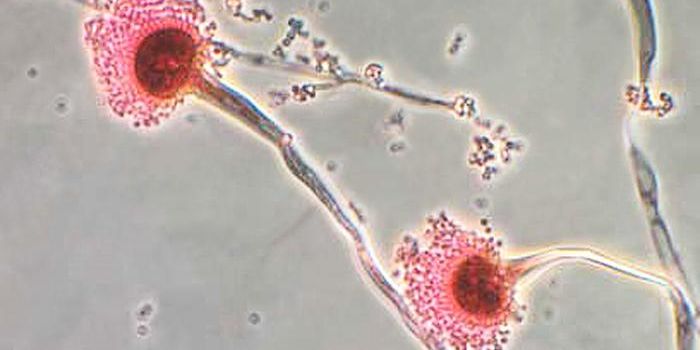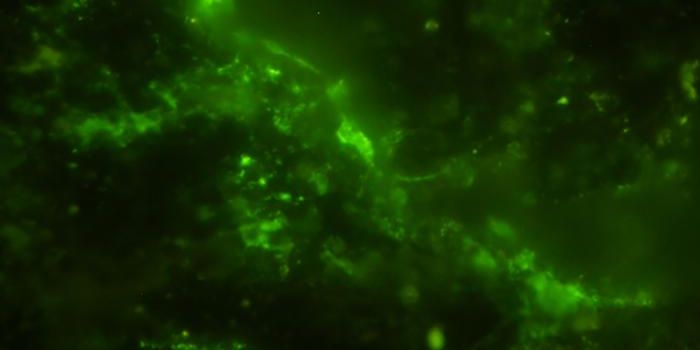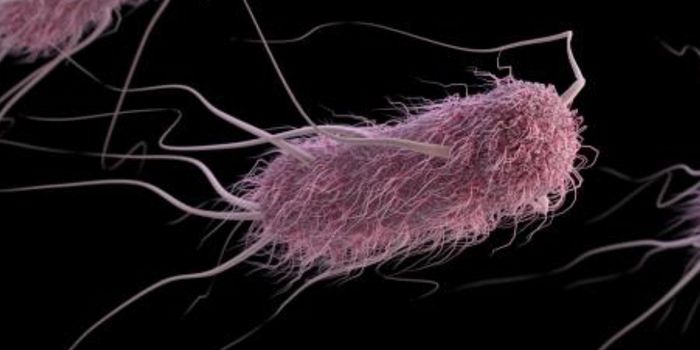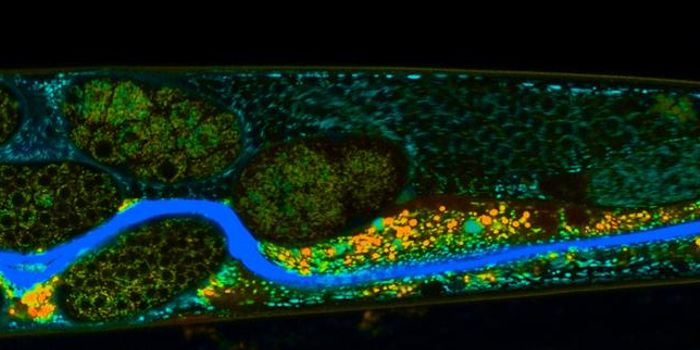A Diaper Analysis Reveals Many Viruses in the Infant Microbiome
The gut microbiome, a collection of archaea, bacteria, fungi, and viruses that live in the human gastrointestinal tract, is known to have a powerful influence on our health and well-being that starts at birth. While researchers have learned a lot about the multitude of bacteria that reside in the human gut, there is far less known about the viruses that live there. Scientists have now reported the results of a five-year-long experiment in which the contents of diapers from 647 healthy Danish one-year-olds were analyzed to learn more about the infant viriome. The findings have been published in Nature Microbiology.
While most people think of viruses as pathogens, not all of them are bad. Many viruses in the gut also don't infect human cells; they infect bacterial cells. These bacteria-infecting viruses are called bacteriophages.
In this study, about 10,000 viral species were isolated and identified. That was roughly ten times the number of bacterial species that were found in the same kids. Ninety percent of these viruses were bacteriophages, and it's assumed that they do not cause any kind of disease and are probably beneficial in some ways. Some viruses were members of 248 known viral families, but 232 of them were not part of any known viral family, and were named after the children that participated in the study. These novel virus families have names like Lauraviridae, Oliverviridae, and Alexanderviridae.
"We work from the assumption that bacteriophages are largely responsible for shaping bacterial communities and their function in our intestinal system," said senior study author Professor Dennis Sandris Nielsen of the University of Copenhagen.
There are bacteriophages that can change their host bacterium and give them new abilities like carbohydrate absorption by adding their genome to the host bacterium's genome. Bacteriophages may also serve as a kind of check on the bacterial populations in the microbiome, added Nielsen.
The vast number of previously unknown viruses has suggested that from a very early point in life, children are carrying a huge number of diverse of gut viruses, which likely have a significant influence on their health, and the diseases they might develop later in life, said Nielsen.
This is the first study that has performed a systematic overview of the diversity of infant gut viruses, and it highlights the importance of viruses to the microbiome and immune system. "Our hypothesis is that, because the immune system has not yet learned to separate the wheat from the chaff at the age of one, an extraordinarily high species richness of gut viruses emerges, and is likely needed to protect against chronic diseases like asthma and diabetes later on in life," said first study author Shiraz Shah, a senior researcher at COPSAC (Copenhagen Prospective Studies on Asthma in Childhood).
Ten percent of the viruses that were identified can infect human cells, and could be harmful or beneficial. More research will be needed to understand their effect. Additional research will also be needed to determine where these viruses come from. Kids love to put things in their mouths, even dirt, noted Nielsen, so that may be one way the microbes arrive in the microbiome.
"It is thought-provoking that all children run around with ten to twenty of these virus types that infect human cells. So, there is a constant viral infection taking place, which apparently doesn't make them sick. We just know very little about what's really at play. My guess is that they're important for training our immune system to recognize infections later. But it may also be that they are a risk factor for diseases that we have yet to discover," added Nielsen.
Sources: University of Copenhagen, Nature Microbiology









